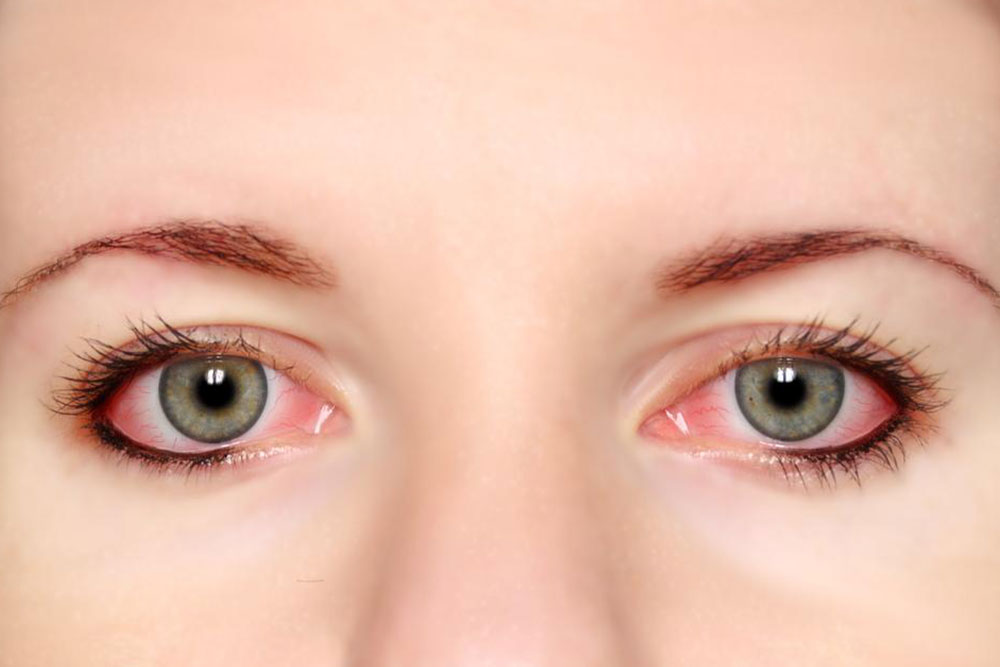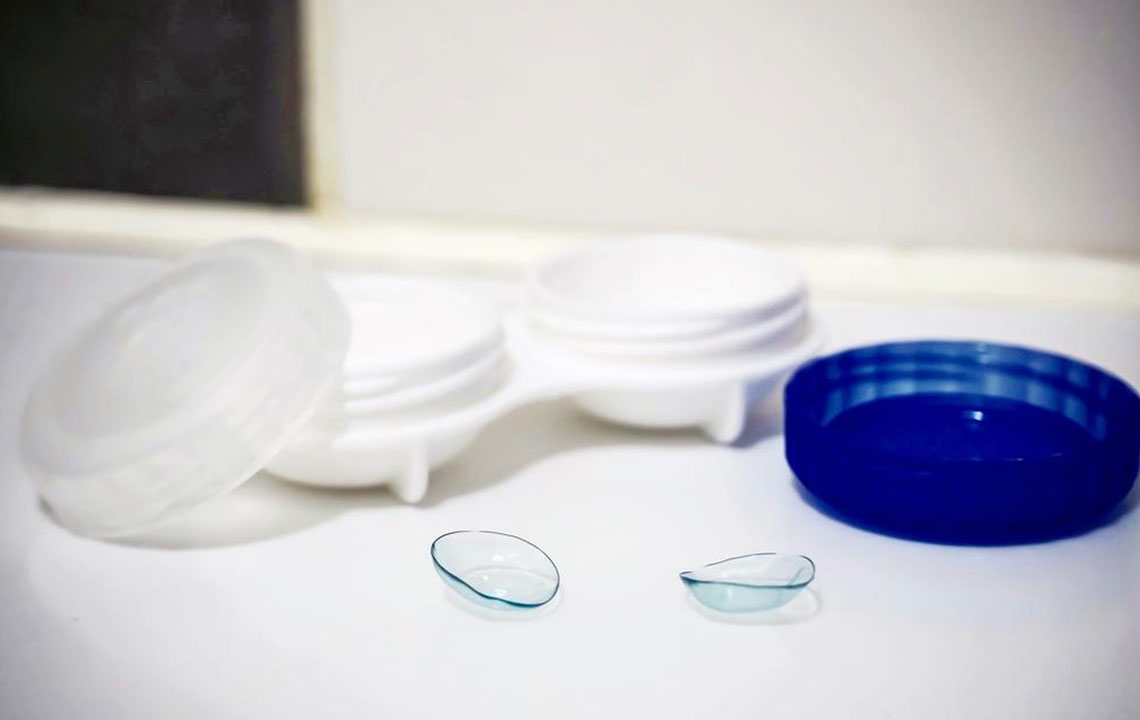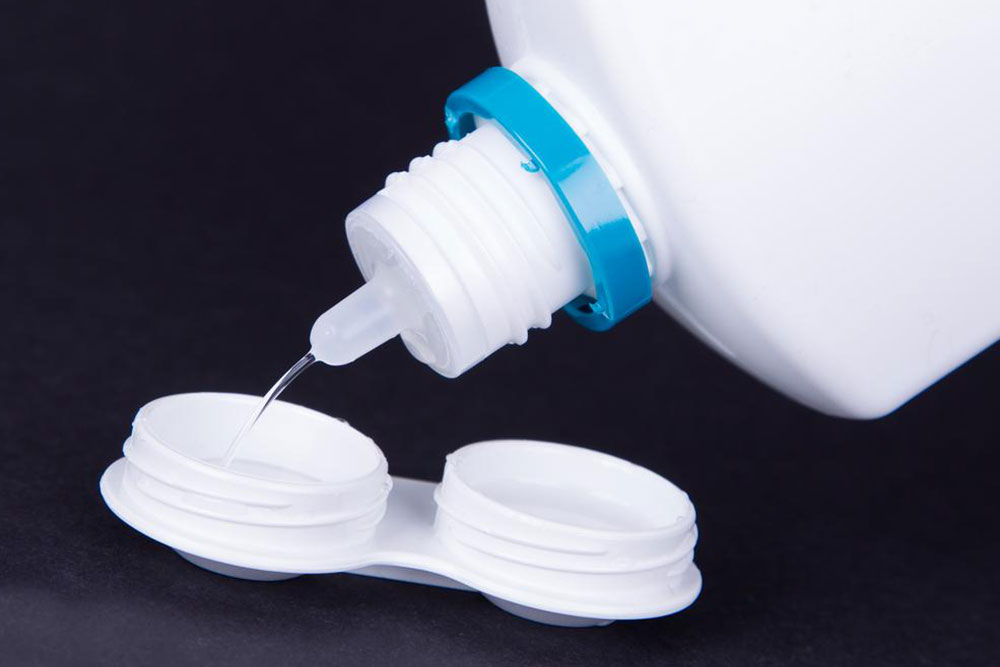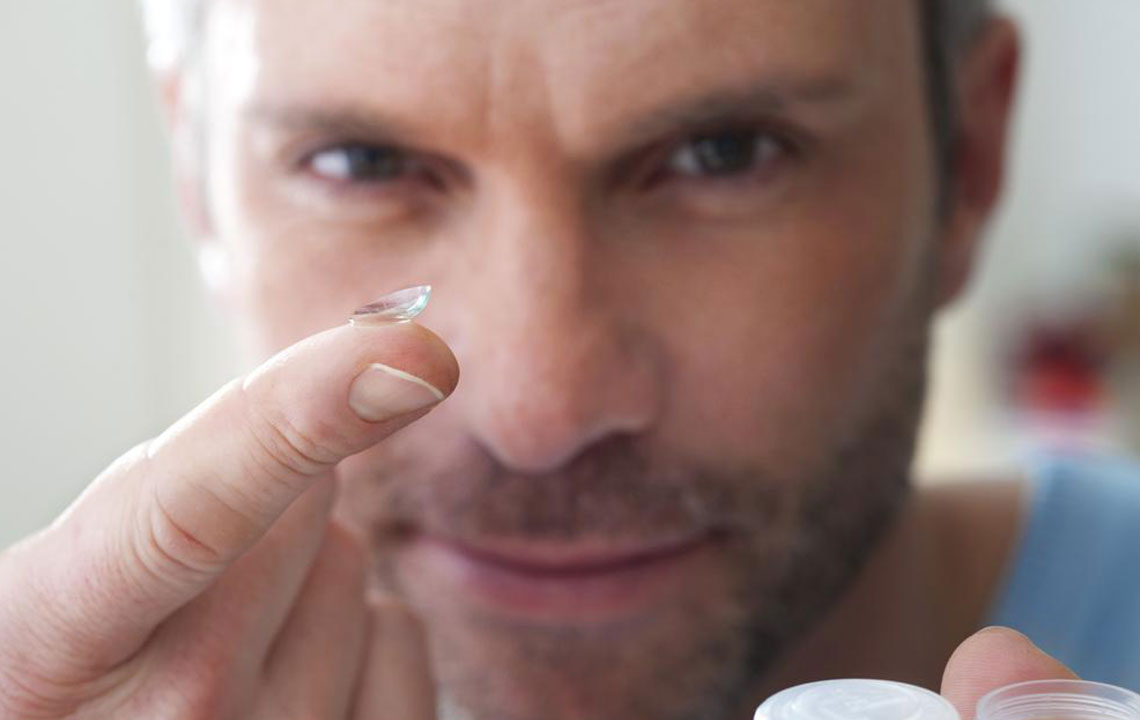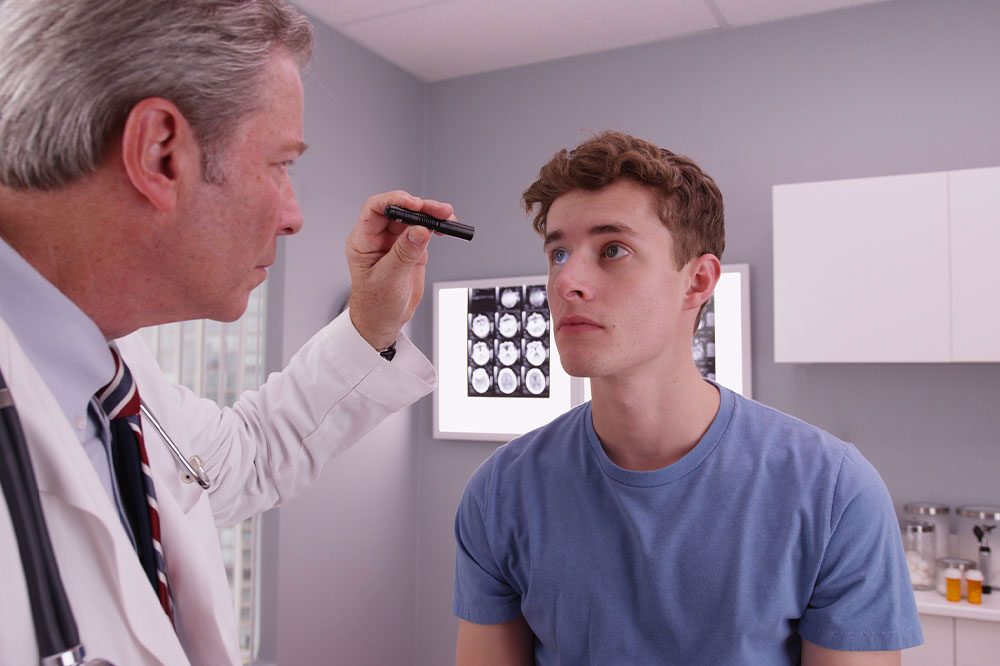Comprehensive Guide to Safe Contact Lens Care and Maintenance
Learn essential tips for maintaining safe and healthy contact lens use. This comprehensive guide covers proper handling, cleaning, storage, and precautions to avoid infections and discomfort. Whether you’re a new or experienced wearer, understanding these best practices helps protect your eye health and enhances your lens-wearing experience.

Contact lenses have become an increasingly popular alternative to traditional eyeglasses, offering wearers an unobstructed field of vision, enhanced aesthetic appeal, and greater convenience for daily life and activities. Whether you are a new wearer or have been using contact lenses for years, understanding the importance of proper lens care is crucial to maintain eye health, prevent infections, and ensure optimal vision quality. This detailed guide aims to provide you with essential tips and best practices for handling, cleaning, storing, and caring for your contact lenses effectively, so you can enjoy the benefits safely and comfortably.
Wearing contact lenses offers significant advantages but also demands a commitment to diligent hygiene and maintenance routines. Proper handling begins with clean hands: always wash thoroughly with soap and water before touching your lenses. This simple step helps prevent the transfer of dirt, oils, and bacteria that could lead to ocular infections. Be cautious to avoid lotions, creams, or oils on your fingers, as these can contaminate your lenses and compromise eye safety.
Cleaning and disinfecting your lenses are vital processes. Use only recommended solutions—whether multipurpose solutions, hydrogen peroxide-based systems, or saline—as directed by your eye care professional. Never reuse old solution or substitute with tap water, which can contain harmful microorganisms and chemicals that pose serious risks to your eyes. When cleaning, gently rub your lenses to remove deposits and residues, then disinfect thoroughly for at least 4 hours to eliminate microbes.
Proper storage is equally important. Always keep lenses in a clean, dry lens case, and replace the case at regular intervals—typically every three to six months—to prevent bacterial buildup. Fill your lens case with fresh solution before storing lenses, and avoid topping off old solution. Additionally, avoid exposing lenses to water sources such as swimming pools, hot tubs, or even tap water, as these can introduce dangerous pathogens that cause severe eye infections like microbial keratitis.
For active individuals, or during specific situations like swimming or exercising, it’s recommended to remove lenses to prevent exposure to potentially contaminated water or sweat. If you wear lenses during activities, consider using waterproof or prescription goggles to provide added protection, and always disinfect lenses afterward thoroughly.
People with allergies or sensitive eyes should pay particular attention to their lens-wearing habits. During allergy flare-ups, it may be advisable to avoid wearing lenses temporarily, as allergens can become trapped under lenses and exacerbate symptoms. If you experience redness, itching, or discomfort, remove the lenses immediately and consult an eye care specialist. Cleaning lenses more frequently and using preservative-free or hypoallergenic solutions can also help reduce irritation.
When applying makeup, it’s safest to insert your lenses first. Use non-allergenic, hypoallergenic cosmetics to minimize the risk of irritation or contamination. Avoid applying eye makeup directly onto the eyelids when wearing lenses, and always remove lenses before removing makeup or using oily products, which can adhere to lenses or cause fogging. Proper makeup hygiene—cleaning brushes regularly and avoiding sharing products—further reduces the risk of eye infections.
Choosing high-quality contact lenses from reputable manufacturers is essential for both comfort and safety. Regularly inspect your lenses for tears, scratches, or deposits, and replace them according to your eye care provider’s schedule—daily, bi-weekly, or monthly lenses. Never attempt to clean or disinfect lenses with household tap water or other inappropriate substances, as this can introduce harmful pathogens and chemicals that threaten your eye health.
In summary, safe contact lens use involves a comprehensive routine that includes proper handling, cleaning, disinfecting, storage, and safe practices during activities like swimming or applying makeup. Adhering to these guidelines reduces the risk of serious eye infections, preserves your vision, and ensures a comfortable experience with contact lenses. Regular eye examinations are also vital; visit your eye care professional periodically to confirm your eye health and receive personalized advice tailored to your lens type and ocular needs. Prioritizing proper contact lens care enables you to enjoy the convenience and aesthetic benefits of lens-wearing without compromising your eye health.
